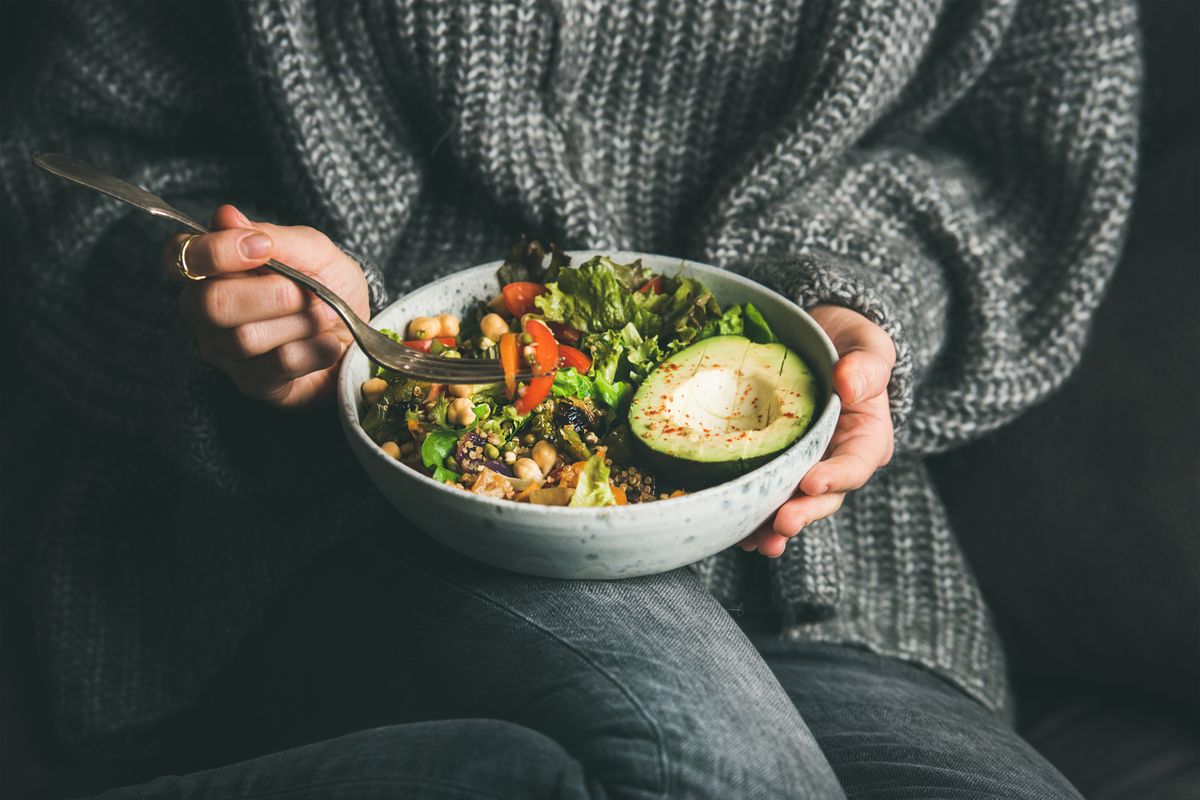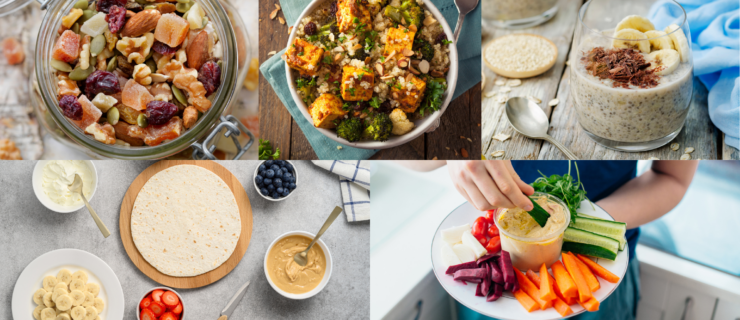Stress Less for More Energy: Understanding the Connection Between Stress and Nutrition
This story originally appeared in the December 2014/January 2015 issue of Pointe.
As winter’s chill sets in, you may be tempted to fill up on comfort foods like chicken pot pie, meatloaf or cheeseburgers. Though it’s okay to indulge occasionally, new research from Ohio State University says you should pay attention to when you eat heavy, high-fat meals.
In the recent study, a group of female participants ate an identical meal of biscuits and gravy, turkey sausage and eggs for a total of 930 calories and 60 grams of fat. They were monitored for seven hours after eating, and the women who reported being stressed the previous evening burned an average of 104 calories less than the women who didn’t have any stressors.
Why? When stress and fat are combined, the body’s metabolism actually slows down, making you less effective at converting food into the dancing fuel you need. If you’re stressing about learning the role you’re understudying and you eat an unusually heavy meal, you’re likely to feel sluggish and won’t have enough energy to fully attack your next rehearsal. But when you opt for a more balanced mix of proteins, carbohydrates and fiber, you’ll have more energy when you step back in the studio.





